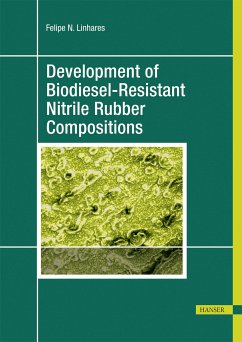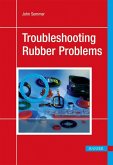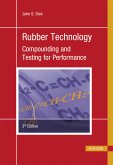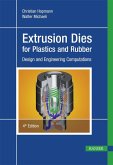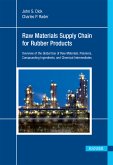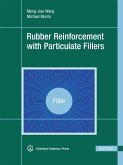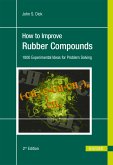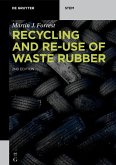Biodiesel is an excellent potential replacement for petroleum diesel fuels because of its comparable physical properties in addition to its improved environmental benefits, such as low pollutant gas emissions, nontoxicity, renewability, and biodegradability. However, biodiesel and petroleum diesel differ greatly with respect to their chemical properties. Therefore, the compatibility of the materials that are commonly employed in contact with diesel must also be assured for biodiesel that has been obtained from different sources. Although nitrile rubber (NBR) has previously not been recommended for biodiesel applications, up to now no effort has been made to better understand the interaction between nitrile rubber and biodiesel or to propose improvements to the production of NBR articles. This book evaluates the resistance of different types of NBR and NBR formulations to biodiesel. It is shown how increasing acrylonitrile content and carboxylation increase the rubber resistance to biodiesel, and a new method employing accelerators to prepare novel biodiesel-resistant formulations is described. The choice of accelerator has a significant effect on the biodiesel resistance, and compositions prepared from an efficient vulcanization system are shown to be most resistant to chemical degradation. The effects on physical properties such as tensile strength, hardness, and elongation at break are also analyzed and evaluated. The potential for these materials to be used in applications in which they will be in contact with biodiesel is thus demonstrated.
Dieser Download kann aus rechtlichen Gründen nur mit Rechnungsadresse in A, B, BG, CY, CZ, D, DK, EW, E, FIN, F, GR, HR, H, IRL, I, LT, L, LR, M, NL, PL, P, R, S, SLO, SK ausgeliefert werden.

